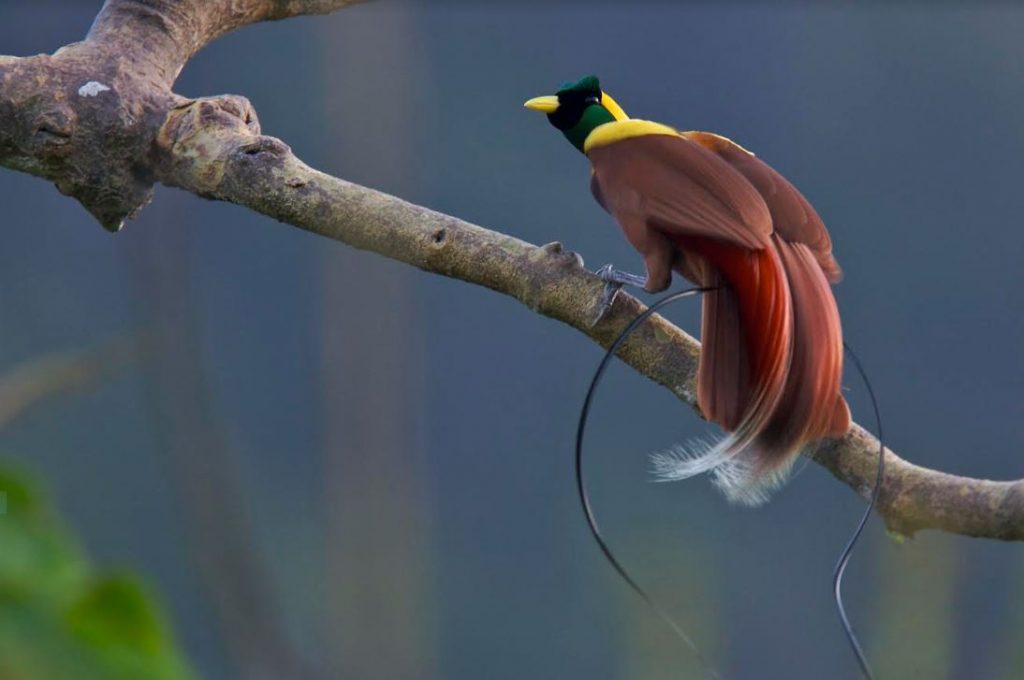
Aaron Swartz fought for and (effectively) died for open access to the world’s scientific literature. I reflect on Swartz’s legacy, six years after his death.

Aaron Swartz fought for and (effectively) died for open access to the world’s scientific literature. I reflect on Swartz’s legacy, six years after his death.

Als Michael Hengartner, Präsident swissuniversities und Rektor der Universität Zürich an der Open Access Konferenz Schweiz 2018 gefragt wurde, ob er im Sinne von Open Access auch die kommenden Verträge mit Elsevier und Springer öffentlich machen wird, war seine Antwort ganz klar ja. Schliesslich ist diese Transparenz seit längerem erklärtes Ziel von Swissuniversities für die aktuellen Verhandlungen mit Elsevier, SpringerNature und Wiley:

Am 26. Mai 2019 findet die Europawahl 2019 statt. Einige der Parteien adressieren das Thema Open Science in ihren Wahlprogrammen. Hier einige Auszüge aus den Wahlprogrammen von CDU/CSU, SPD, FDP, Grüne und Linke mit Fokus auf die Themenfelder Open Access, offene Forschungsdaten und das Wissenschaftsurheberrecht.
The Norwegian consortium for higher education and research and the publishing house Elsevier agreed two days ago to a national license. This provides Norwegian researchers not only access to articles published in Elsevier’s journals (including the society journals as The Lancet or CELL Press) but also the opportunity to publish their results Open Access. Seven universities and 39 research institutions will benefit from the two-year agreement.
Since the rather surprising apppointment of Mike Eisen as the new Editor-in-Chief of eLife , I’ve found myself thinking about this journal again.

A new study finds a surprising number of Open Access journals “reverse flip” back to closed access. Co-author Lisa Matthias tells us all about it.

Published April 8, 2019 by Kate Shuttleworth on the Radical Access Blog The University of California recently took a bold step in support of open access publishing by terminating subscriptions with Elsevier, the world’s largest scientific publisher. We asked SFU Faculty for their thoughts on the cancellation and what this means for open access. What happened?
Sorry for the short notice, but I just wanted to let you all know: Today is Academic-Led Publishing Day, which the official website describes as “a global digital event to foster discussions about how members of the scholarly community can develop and support academic-led publishing initiatives”. More informally, it’s about how we can throw off the shackles of “publishers” that have made themselves our masters rather than our servants.
Plan S is an initiative for immediate and full open access to scholarly research publications put forward by cOAlition S, an international consortium of research funders. In November 2018 specific implementation guidance on the Plan S principles has been released to the public with the aim of gathering feedback from various Plan S stakeholders, including researchers, publishers, funders, and other interested parties.

New genomic data from five birds-of-paradise reveal genes that are shaped by selection and help explain the origin of their spectacular plumage. Birds-of-paradise, with their elaborate and colorful feathers and their complex courtship displays, are a school-book example of sexual selection.